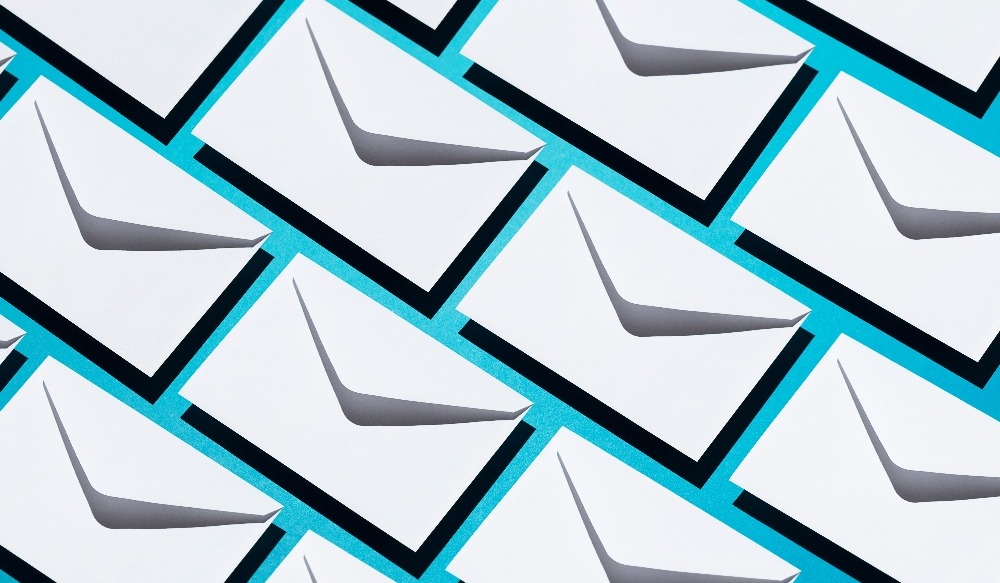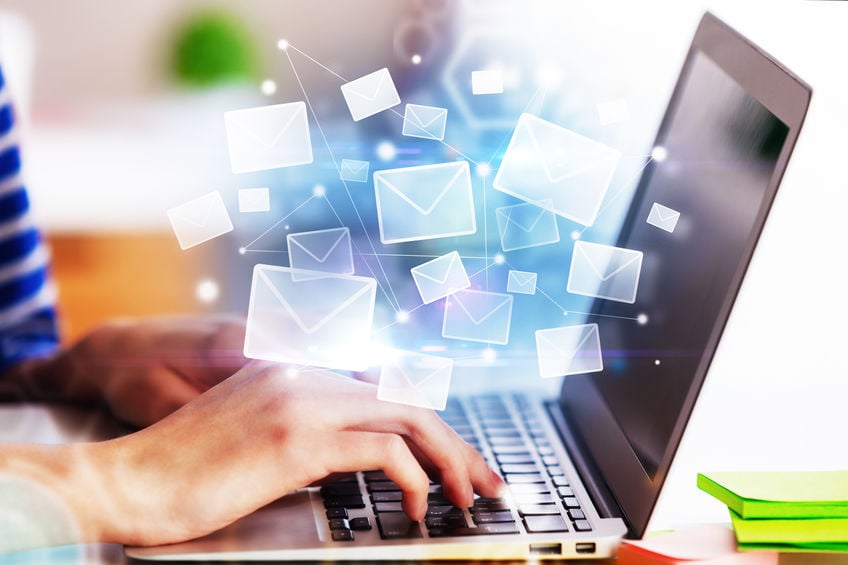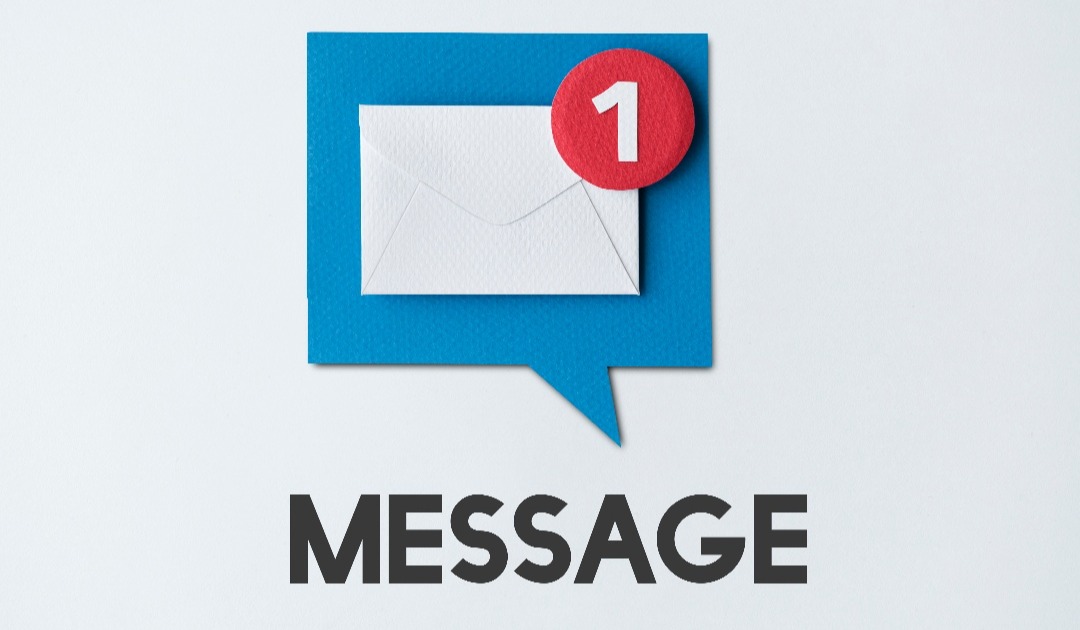New Email Authentication Standards: What You Need to Know for Bulk Email Services

In February 2024, Google and Yahoo are set to introduce new email authentication standards with the aim of enhancing email security and reducing phishing and spam. These standards, aligned with DMARC (Domain-based Message Authentication, Reporting, and Conformance), will require stricter verification of the sender's domain, ensuring that emails are legitimate and not spoofed. This initiative aims to protect users from malicious activities and improve the overall trustworthiness of email communication.
Impact on Bulk Email Services Users (e.g., MailChimp, Constant Contact):
Users of bulk email services, such as MailChimp and Constant Contact, will be impacted. These services often send emails on behalf of businesses, and the new standards will require these platforms to adapt. For instance, if a user does not update their DNS records to meet the standard, Constant Contact has announced that it will automatically modify the sender's email address to meet the new requirements.
Example from Constant Contact:
"If you don’t own your own domain OR cannot update the DNS records for the domain you use... after February 1, your “From” address will be changed to example+company.com@shared1.ccsend.com. This will be done automatically so you don’t have to change a thing."
Why this is not an adequate solution:
When recipients see emails from modified addresses, such as example+company.com@shared1.ccsend.com instead of example@company.com, there are potential risks. Some recipients may find the modified address suspicious or unfamiliar, leading to decreased trust in the communication. They are more likely to be deleted or reported as SPAM affecting deliverability and open rates.
What Should Users Do to Meet the Standards?
To ensure compliance with the new email authentication standards, agencies should work with their email provider or IT department to update DNS records. Your bulk email service should provide you with the required text to be added to your SPF Records and DMARC.
Consequences of Non-compliance:
Failure to comply with the new standards may result in emails being marked as spam or not delivered at all. This can have significant implications for businesses, affecting communication with clients. It's crucial to take proactive steps to ensure a smooth transition and maintain the integrity of email communication.
Remember Google and Yahoo are the two biggest email providers. Gmail alone is responsible for 1/3 of the opened emails each month. Although the current email authentication standards only affect these two industry giants, the impact is substantial due to their widespread usage. Furthermore, other email service providers are likely to adopt similar standards in the future to stay in step with these industry leaders.


